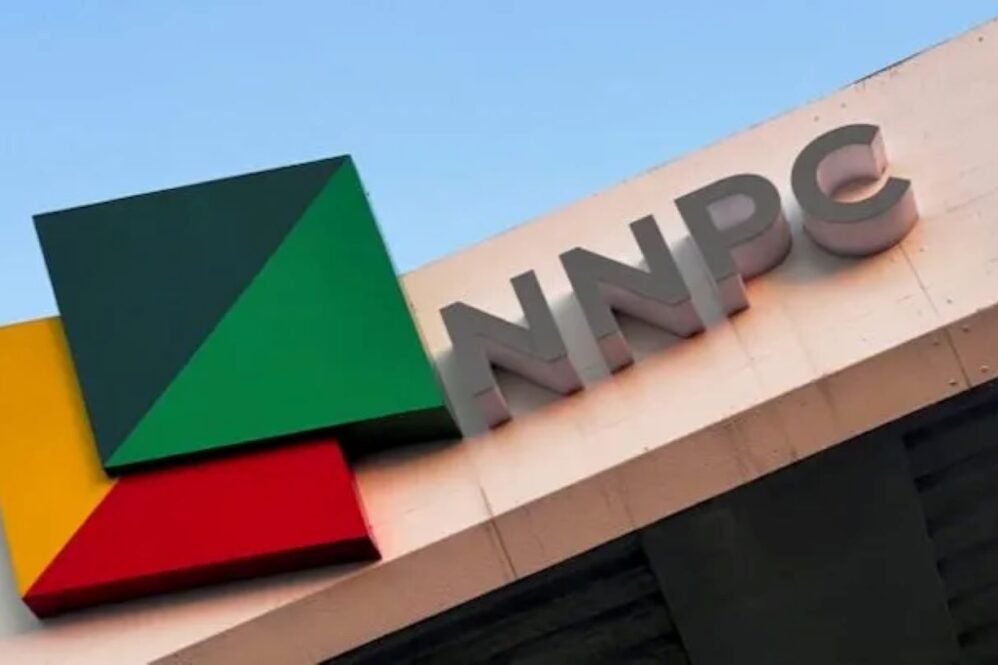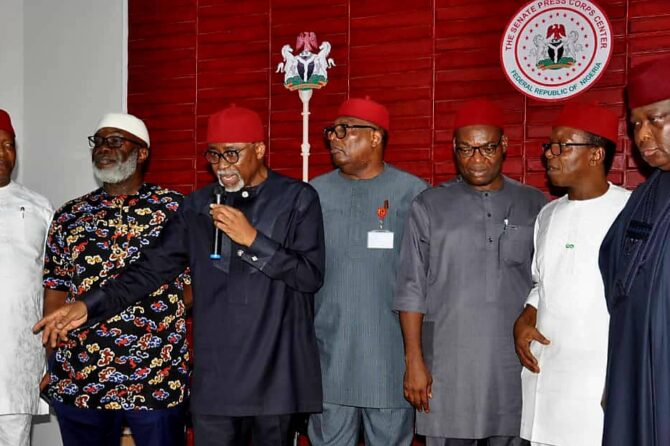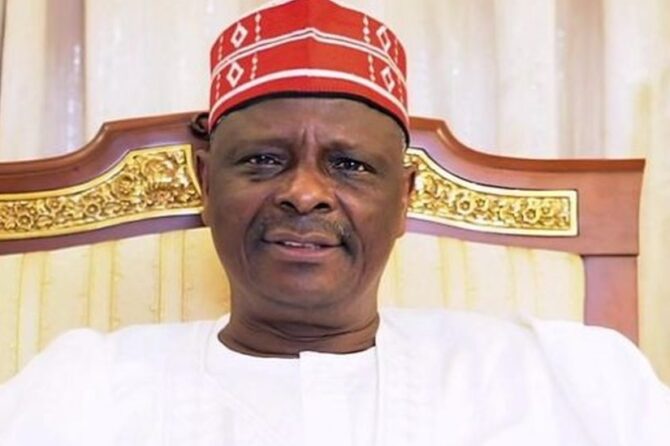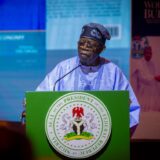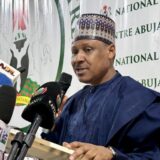Nigeria’s NNPC Leadership Shake-Up: Implications and Controversies
ABUJA — In a significant move, President Bola Tinubu has replaced the leadership of the Nigerian National Petroleum Company Limited (NNPC), appointing Bayo Ojulari as the new Group Chief Executive Officer (GCEO) and Ahmadu Musa Kida as the non-executive Chairman. This decision comes after the dismissal of Mele Kyari and Pius Akinyelure, who served as the previous CEO and Chairman, respectively. The reconstitution of the NNPC board aims to enhance operational efficiency, restore investor confidence, and drive economic growth through increased local content and gas commercialization.
Background and Controversies
- Leadership Change:
- The sudden removal of Mele Kyari, who was the longest-serving CEO of NNPC, has sparked debate about the reasons behind the change. Some speculate that it is part of broader reforms to address inefficiencies and corruption within the NNPC.
- Conspiracy Theories:
- Critics argue that the appointment of Ojulari, a former Shell executive, may be influenced by international interests rather than purely national considerations. There are concerns about potential favoritism towards multinational oil companies, which could undermine Nigeria’s control over its oil resources.
- Implications of Corruption:
- The NNPC has historically faced allegations of corruption and mismanagement. The leadership change could be seen as an attempt to address these issues, but some fear that it might simply replace one set of problems with another if not accompanied by systemic reforms.
Facts and Implications
- Profile of Bayo Ojulari:
- Ojulari brings extensive experience from his tenure as Managing Director of Shell Nigeria Exploration and Production Company and his role as Chief Operating Officer at Renaissance Africa Energy Co., which owns Shell’s former onshore subsidiary in Nigeria.
- Reforms and Efficiency:
- The new leadership is tasked with improving operational efficiency and restoring investor confidence. This could lead to increased transparency and better management of Nigeria’s oil resources, potentially boosting economic growth.
- Potential for Increased Local Content:
- Ojulari’s appointment is seen as a move to enhance local content in the oil sector, which could lead to more jobs and economic opportunities for Nigerians. However, critics argue that this might be overshadowed by the influence of multinational companies.
Effect of the Leadership Change
- Economic Impact:
- The change in leadership could lead to improved management of NNPC, potentially increasing oil production and revenue for Nigeria. However, if not managed carefully, it might also lead to increased dependence on foreign expertise and capital.
- Political Implications:
- The move is seen as part of President Tinubu’s broader strategy to assert control over key sectors of the economy. It may also reflect political maneuvering to consolidate power within the oil industry, which is crucial for Nigeria’s economic stability.
Conclusion
The leadership change at NNPC marks a significant shift in Nigeria’s oil sector, with both potential benefits and risks. While it aims to improve efficiency and transparency, concerns about corruption and foreign influence remain. As the new leadership takes charge, it will be crucial to monitor how these changes impact Nigeria’s economy and political landscape.


